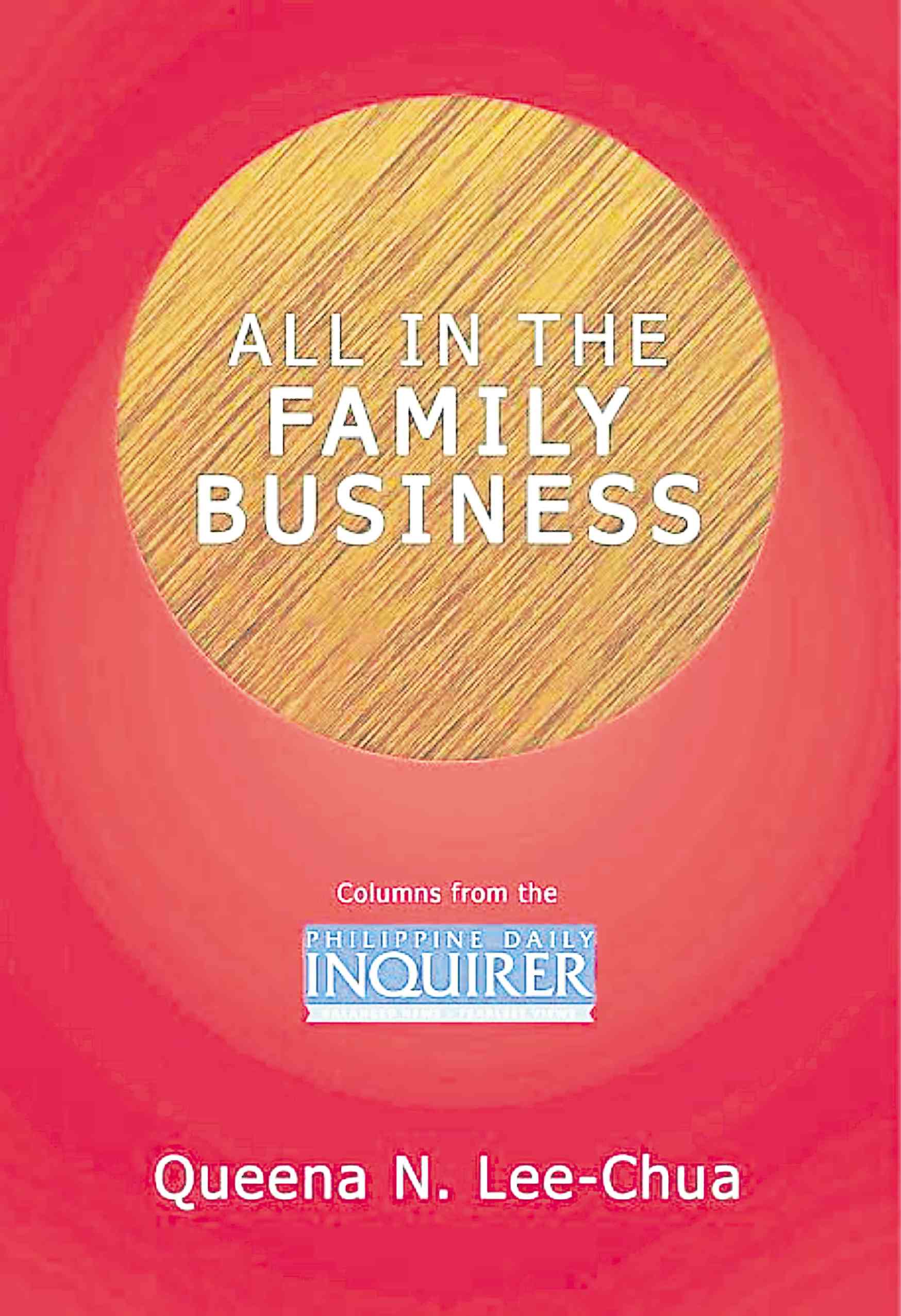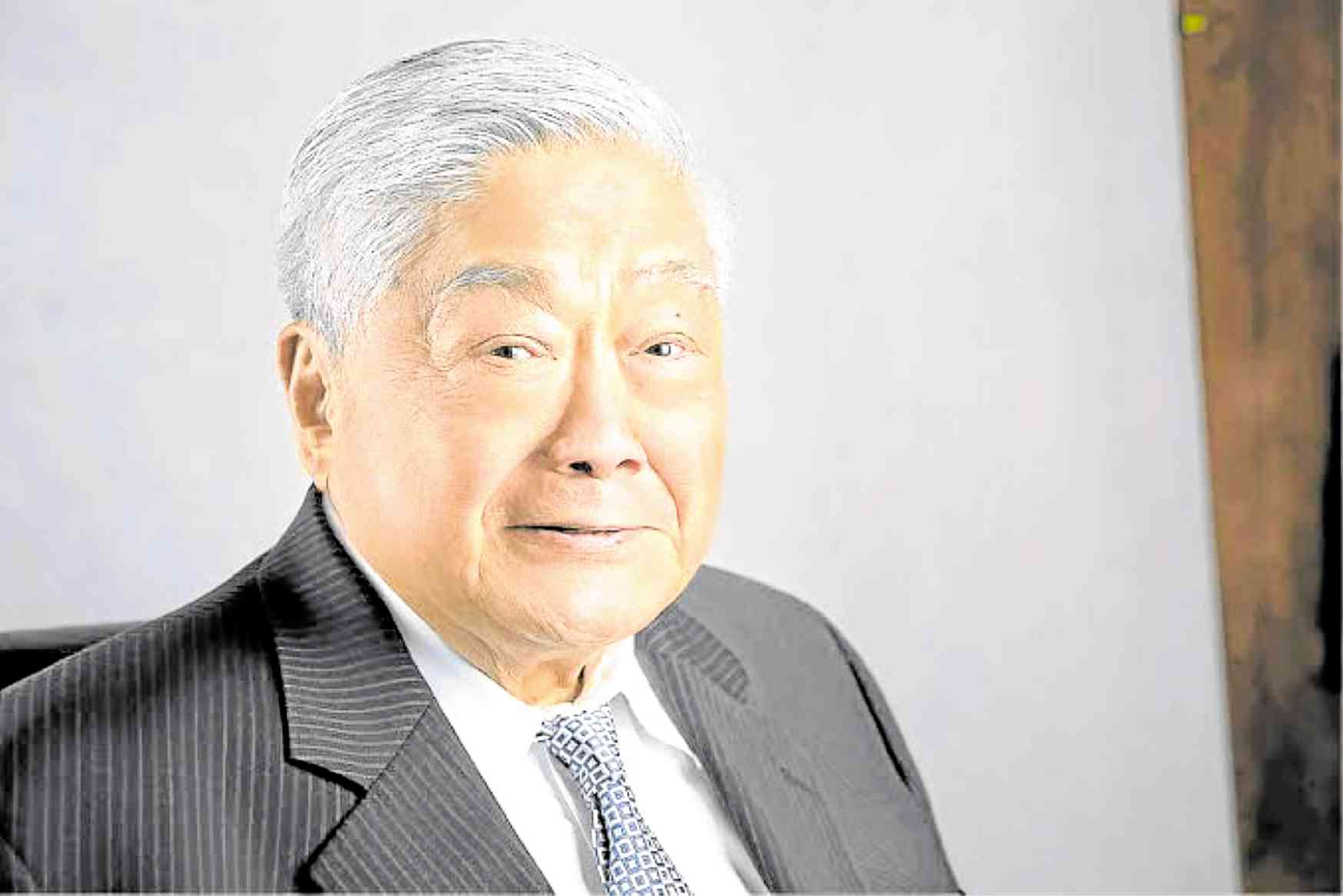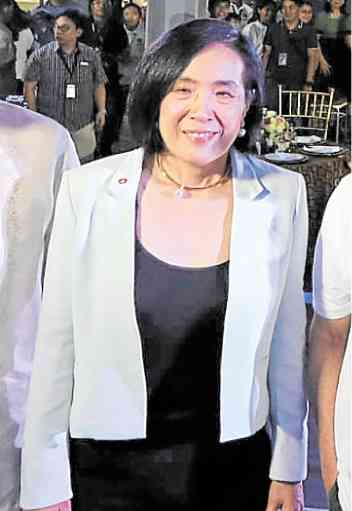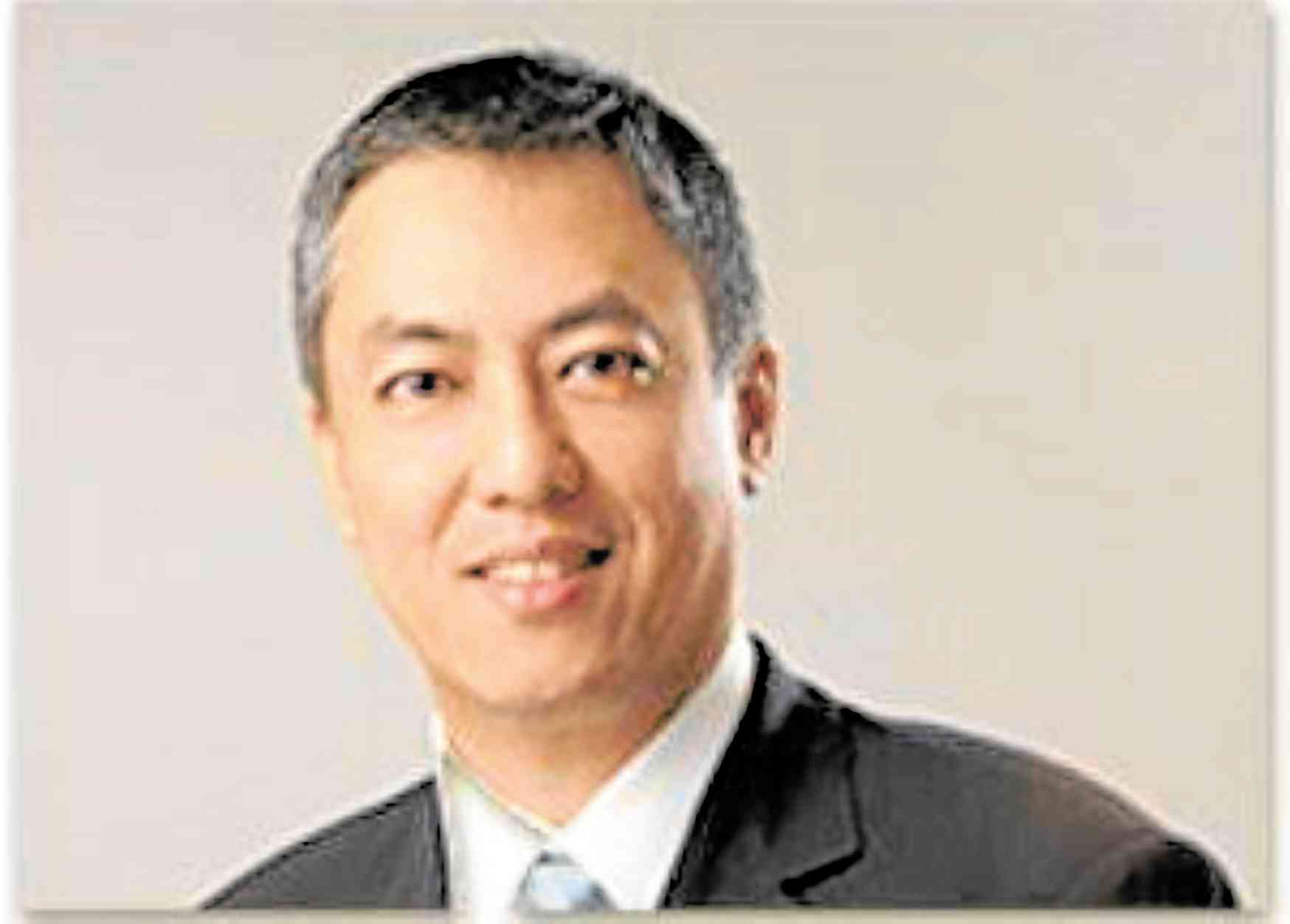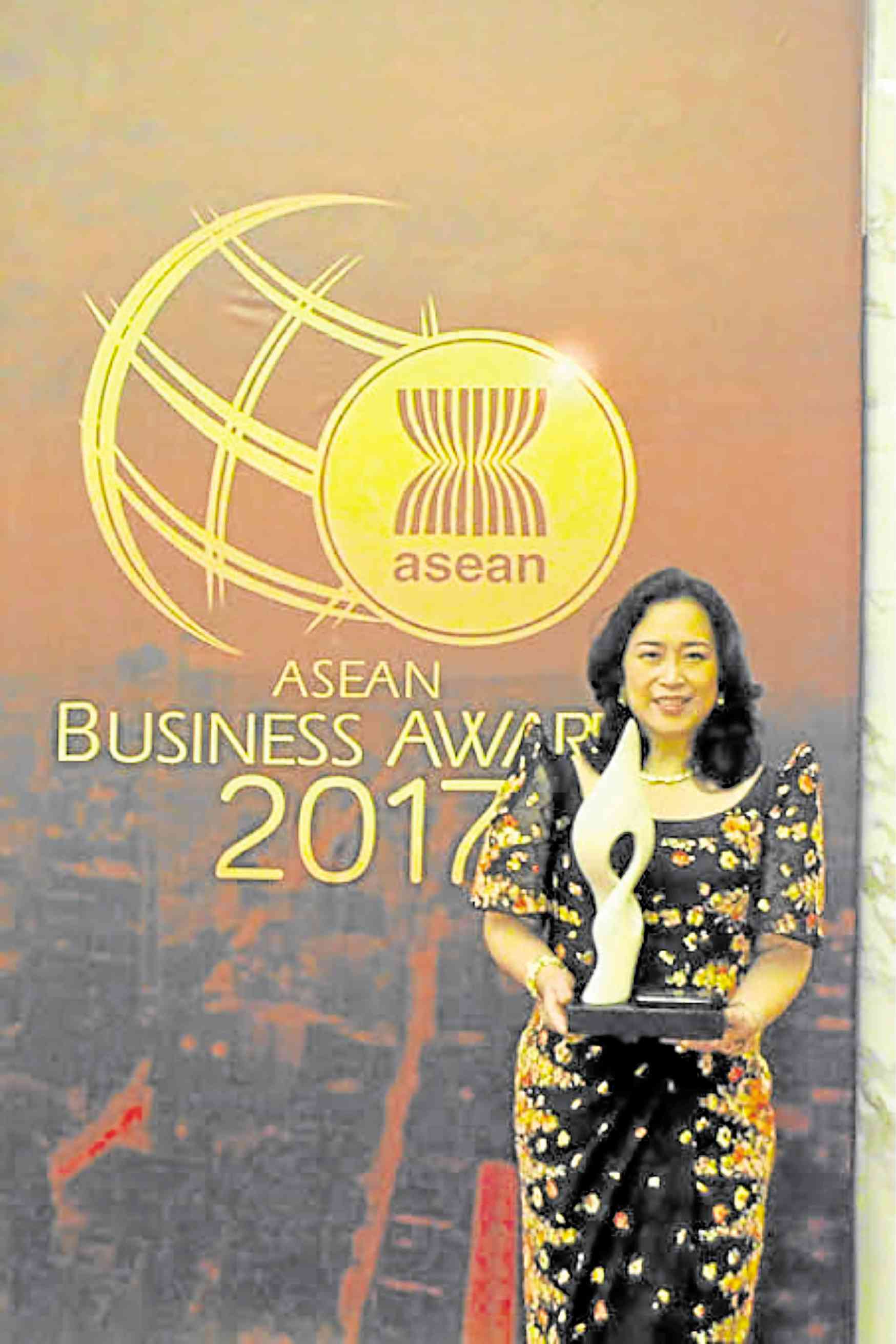Six lessons from the country’s most successful family-run ventures
I started working with Filipino family businesses in 1995, analyzing family dynamics for a Ph.D. dissertation. I was also writing on math and science for the Inquirer.
In 2013, Inquirer chief Sandy Prieto-Romualdez requested me to write on family businesses. They account for at least 80 percent of businesses nationally, but are famously secretive and remain largely unknown, even misunderstood.
Instead of assets or profit margins, I said I’d highlight their best practices and values. Sandy loved the idea.
“All in the Family” debuted in November 2013. Readers responded, mostly with pleas for help. Selected columns also came out in “All in the Family Business,” which was published by Inquirer Books in 2016.
Nine out of 10 enterprises I encounter have problems with succession, rivalries and professionalization, so when I write about these, with their permission, I disguise names and businesses.
Article continues after this advertisementOne out of 10 business families is worth publicizing. Some are comfortable in the limelight, but for others, our interview is the first they had agreed to.
Article continues after this advertisementSo, what are the best practices of successful family businesses?
Train successors early, in word and deed
“The best tip I can give family businesses?” asked Olivia Limpe-Aw, fifth generation boss in Destileria Limtuaco. “Don’t spoil your kids.”
Limpe-Aw’s kids started in sales. “It was the hardest thing. You eat rejection for breakfast, lunch, dinner,” she said.
Only after they did well in sales did they go on to purchasing and marketing, Limpe-Aw added.
Another tip: “Earn before you spend.”
Once her son got robbed on a business trip, the Destileria Limtuaco chief said. He was asked to pay back the entire amount although his grandfather took pity and paid half.
“I asked him to repay his lolo, who could not bear to see his grandchild suffer. At the same time, I had to respect an elder’s wishes, so my son ended up paying only half the amount. But since then, my son has become extra careful with funds,” Limpe-Aw recalled.
Dr. George Co of George Optical has a similar experience. “Our father was the inspiration,” he said. “When my siblings and I were young, we helped out at the first clinic in Manila: mopping floors, cleaning, taking turns at the cashier, assisting optometrists in handling lenses, doing measurements.”
Dr. Winston Sy grew up seeing his father enjoy his work. Dr. William Sy Ting Pang, patriarch of the family dental group “made restoration work look like play,” his elder son added.
“Even after seeing patients the whole day, our dad worked in the lab, building molds from scratch,” said younger son Dr. Walter Sy. “We wanted to be like him. In grade school, we already knew we’d be dentists. There was no other profession for us, and his alma mater was our only option.”
While many young people cannot wait for their elders to exit, Michelle Concepcion, who with spouse Eric Reyes run Michelle’s Homemade, said: “Having my father close by is a privilege. When we were young, he would ask us our opinions. He’d go around the dinner table, pointing at each of us and asking in turn, ‘What do you think?’ I was only 10 or 11, but he always listened.”
Michelle is the youngest daughter of Jose Concepcion Jr. of Republic Flour Mills (RFM).
With her father’s blessing, Michelle decided to strike out on her own. “Dad had decided long ago to professionalize RFM. The transition [and turnover of the business] to my brother Joey [Concepcion] was smooth. We are a publicly listed company. Besides, there are many of us kids. It is good for us to go our own path.”
Display grit, eschew entitlement
In nonfamily corporations, bosses usually prefer to delegate tasks down the hierarchy. In family businesses, everyone pitches in to ensure that business thrives.
Tony and Grace Tan Caktiong of Jollibee Corp. opened their first outlet in 1975, serving ice cream, a la Magnolia. Due to customer demand, Jollibee began offering hot dogs, cheese sandwiches, hamburgers and fried chicken.
The couple did everything at the start: they took turns being cashier, server, “even janitor and toilet cleaner,” Grace said.
In their quest for the perfect burger, they sampled existing ones. “We ate burgers for a year!” Grace recalled.
Their efforts paid off; Jollibee has now gone international.
Jose Francisco Oreta of Major Homes lamented how many of his generation, “having grown up in affluence, have an unreasonable sense of entitlement.” He added: “We take our parents for granted. When they take care of us, we think it’s their duty. Only when we ourselves become parents do we realize the sacrifices they’ve made.”
Sometimes, parents need to “lead by example” to make their children realize their hard work. “If your kids see you watching TV all the time, they’ll think wealth is easily earned. But if they see you working hard, they’ll understand pinaghihirapan natin ito (it takes real sweat to make it). I share work issues with my daughter in middle school, so she knows what we go through and what we value.”
Robina Gokongwei-Pe of Robinsons Retail Holdings recalled how she reacted when she learned she was made backup in the University of the Philippines Diliman swim team during her college days.
“I cried because I had been swimming from 4 to 6 p.m. daily in that dirty pool with frogs jumping around. And the coach made me a backup!”
But her dad, the late taipan John Gokongwei Jr., told her: “That’s it? My father died when I was 13. I had to support my mother, brothers, sister. You will face many more difficult challenges. I fought so hard, but I lost my proxy fight to be on the San Miguel board. You’re crying because you’re a reliever? Be glad you even made it to the team,” she recalled her father telling her.
Watch out for each other, care for each other
“We are so close that we share secrets our spouses don’t know about,” said Catherine Tiu-Tan of Akari Lighting and Technology Corp., the eldest of seven. She added: “Big houses separate people. We grew up in a small place and learned to get along. We enjoy each other’s company. We lived in a home, not in a house. Family is what drives us. In the end, what is business for, if not for family?”
Said Ricardo Po of Century Pacific Group, quoting a Chinese adage: “When we take a step back, the sea and the sky expand. When we give way a step, the winds and the waves become calm.”
Explained Christopher Po, the third of four sons: “We look at the bigger picture. Sometimes we have disagreements on how to move forward. Emotions can run high, but we take a step back, think about what is best for the business.”
Elder brother Teodoro Po agrees: “We work and we decide based on merit. So we chose Chris [to lead us].”
Dr. Potenciano Andaman of the Andaman Group of Companies based in Lucena stressed the “importance of love.”
“We raised our six children, who work in the family business, to care for each other. If there is conflict, they communicate openly and work things out. Their mother tells them, ‘Ang pinanggalingan ninyo ay iisa at ang inyong umbilical cord ay sama-sama (You come from one source and share the same umbilical cord).”
Communicate openly, respectfully
“Deciding to join the family business was a struggle,” confessed Wellison Evanston Ty of Wellington Flour Mills, grandchild of the eponymous founder.
Early on, he made things clear to the elders: after working hours, he would do what he wanted: teach part time, study for his master’s.
“Leaves were deducted from my salary. If we exceeded meal and gas allowances, we paid for them. Rules were put in writing,” he said.
Before the passing of the patriarch Arcadio Alegrado, founder of Bluewater Resorts Group based in Cebu, three generations of the family had lived under one roof.
“We see each other every day,” said daughter Julie Alegrado Vergara. “We talk about things at mealtimes, or when we bump into each other.”
“We value togetherness and enjoy each other’s company,” says their family constitution. “We complement and bring out the best in each other. We seek to foster an environment of openness and transparency through acceptance of individual differences.”
When Joseph Tay and Stephanie Coyiuto-Tay started Casa Bella Home and Living Furniture, they got in each other’s way and on each other’s nerves.
But through “deliberate, honest conversation,” love and respect, they have learned to leverage their differences.
Joseph credits Stenie for helping him “think more strategically” while Stenie has learned to be “more patient, to let go of small things, to deal with change.”
Take education seriously, aim high
When Michael Tan of the LT Group, and his siblings, were growing up, their father Lucio Tan used to assign them Mandarin passages to commit to memory.
“We had to recite passages in front of him,” says Mike. “How can you learn a language if you don’t memorize words, sentence structures?”
Mike was a top student in the Philippines, but in Singapore, “I was near the bottom of my class. My exams were given in Chinese as a second language. I had to study really hard.”
Mike graduated summa cum laude in civil engineering from the University of British Columbia. His children are now also top in school.
“I tell my kids to study hard. My father tells us that nothing is certain in life, that we should not take things for granted. I want my kids to be able to stand on their own,” he said.
“I went back to school at 45,” said Bernido Liu of Golden ABC, Inc., who went to Harvard Business School after making Penshoppe an iconic brand. “We don’t want to be complacent.”
Just as Penshoppe uses global talent, such as One Direction and Zac Efron to maximize reach, Bernie also invests in international advisers, such as former Zara executives to bring his company to the next level.
Next year, their warehouse, based on technologies from four countries, will be the first in the Philippines to use robotics.
“We may think that we are a big fish,” said Bernie’s wife, Alice Tio Liu. “But this is a small pond. The world is big. We aim to be world-class.”
Asked about his greatest achievement, Eleanore Lee-Teo in her book “Raising Heirs,” quoted her father Edward Lee of COL Financial: “Watching all my kids graduate from college.”
For eight years, Edward tried to finish college. His kids succeeded where he had failed.
Steve Jobs and Bill Gates dropped out and became billionaires, so why not imitate them? Edward was asked.
To which he replied: “I don’t believe that dropping out was their secret to becoming rich. It was much more than that. I don’t expect my kids to be like me. I expect them to be better.”
Honor God, serve society
“Profit for us is three-fold: environmental, social, economic,” said Ramon Uy of Fresh Start Organics, based in Negros.
“We ensure our practices do not harm, and in fact, preserve the environment. We ensure our partner farmers get a fair price for their efforts. We treat farmers well. Many earn more from our organic business than from bigger corporations. We earn our share. Everyone is happy. That’s the only way to sustain a business,” he added.
“I’ve lived in eight countries, and now I’ve come home, ” said Rachel Tan-Renucci of Chen Yi Agventures, which has revolutionized the local rice industry.
Raised to be resilient by her father, the late tycoon Edward Tan of Channel Five, Rachel and her husband, Patrick Renucci, have produced Dalisay Rice, increased farmers’ earnings 10 times, and catapulted Alangalang, Leyte, into second-class municipality status in just four years.
“Instead of opening another restaurant, franchise, clothes store, we want to contribute in a way that will give lasting value to the country,” Rachel said.
Social concern also includes honoring God.
“We place God at the center of our culture,” said Selene Lee Yu of Chevrolet Philippines: The Covenant Car Company. “We do everything for His glory.”
Serving God means paying proper taxes. Render unto God what is God’s, to Caesar what is Caesar’s. “Wherever the taxes go, that is government’s responsibility,” said Selene’s sister Sherry Yu Gue.
Alberto Arcilla, a nonfamily professional, serves at the top, owns shares, and mentors the next generation. “Most companies are focused only on merit,” said Albert. “We focus on merit and trust.”
The best family businesses walk the talk. It is an honor, and a pleasure, to learn from them.
(Queena N. Lee-Chua is on the board of directors of Ateneo’s Family Business Center. Her Inquirer column, “All in the Family” won as best business column in 2015 and 2019, and earned a special citation in 2016 from the Catholic Mass Media Awards. “All in the Family,” a compilation of her select columns, was in the National Bookstore Bestseller list from December 2016 to February 2017.)
